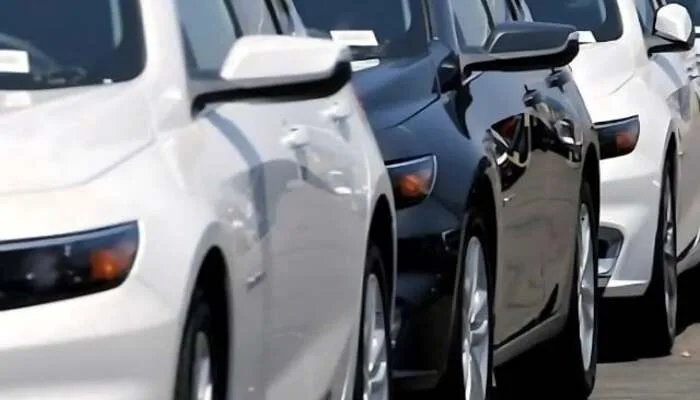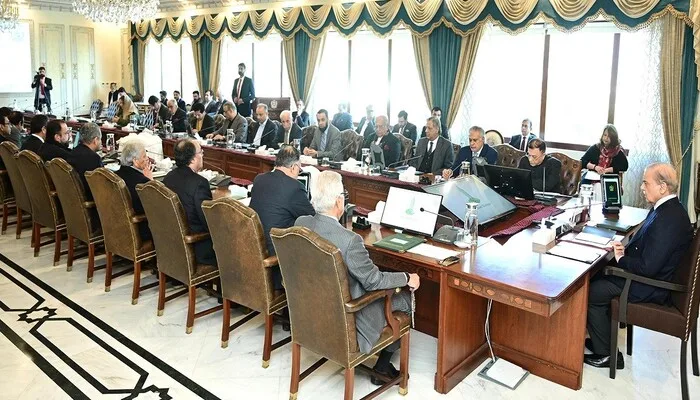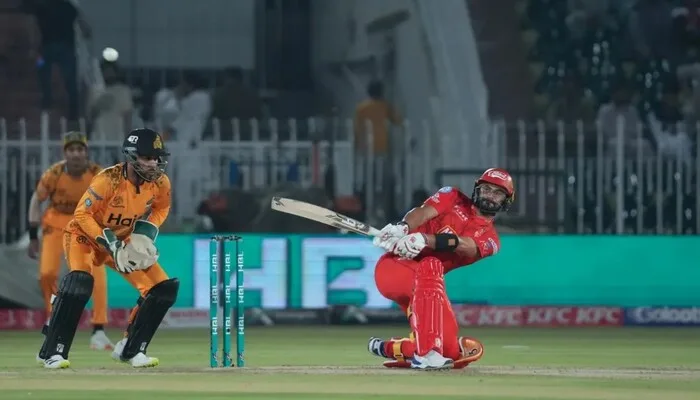
Vehicle transfer fees in Pakistan have been increased significantly, with electric vehicles (EVs) now formally included under the new structure. The Ministry of Finance has announced the revised rates, which are now in effect across the country. These changes aim to standardize charges, encourage compliance, and streamline the ownership transfer process.
Revised Rates for Traditional Vehicles
The government has introduced a sharp hike in transfer fees for all categories of conventional vehicles. The updated structure is based on engine capacity:
-
Up to 1000cc: Fee increased from Rs1,200 to Rs2,750
-
1001cc to 1800cc: Fee raised from Rs2,000 to Rs5,500
-
Above 1800cc: Fee jumped from Rs3,000 to Rs11,000
This adjustment reflects the government’s push to revise outdated rates and align them with the current market landscape.
EV Transfer Fees Now Defined
For the first time, electric vehicles are being officially categorized in the transfer fee structure. The new EV fees are based on battery capacity rather than engine size:
-
Up to 50 kWh: Rs2,500
-
51 kWh to 100 kWh: Rs5,500
-
Above 100 kWh: Rs10,000
This move marks a significant step in incorporating EVs into the mainstream regulatory framework and creating a clear cost structure for electric vehicle ownership transfers.
Read: PIA Launches Direct Flights from Lahore to Baku to Boost Tourism and Trade
Updated Motorcycle Transfer Fees
Motorcycle owners will also face higher charges under the revised fee system:
-
Up to 200cc: Fee increased from Rs150 to Rs550
-
201cc to 400cc: New fee set at Rs1,000
-
Above 400cc: New fee fixed at Rs1,500
These new rates apply nationwide and cover both urban and rural registration zones.
Government’s Objective
The Ministry of Finance stated that the decision aims to ensure transparency and consistency across all vehicle types. By aligning EV and traditional vehicle fees, the government hopes to improve the efficiency of the registration system and close gaps in enforcement.
Officials have emphasized that all payments must be made into the designated government account to process transfers without delays. Citizens are urged to familiarize themselves with the updated rates to avoid rejections or legal hurdles during the transfer process.
Growing Focus on EV Integration
The inclusion of EVs in this policy reflects the government’s growing focus on electric mobility. While still in its early stages, Pakistan’s EV market is gradually expanding, and formalizing its presence in administrative processes like ownership transfer is a notable development.
Vehicle owners—both individual and commercial—are advised to stay updated on these changes and budget accordingly. This step may increase transaction costs for buyers, but it also simplifies regulatory procedures and creates a uniform structure for all types of vehicles on Pakistani roads.
Follow us on Google News, Instagram, YouTube, Facebook, Whats App, and TikTok for latest updates











